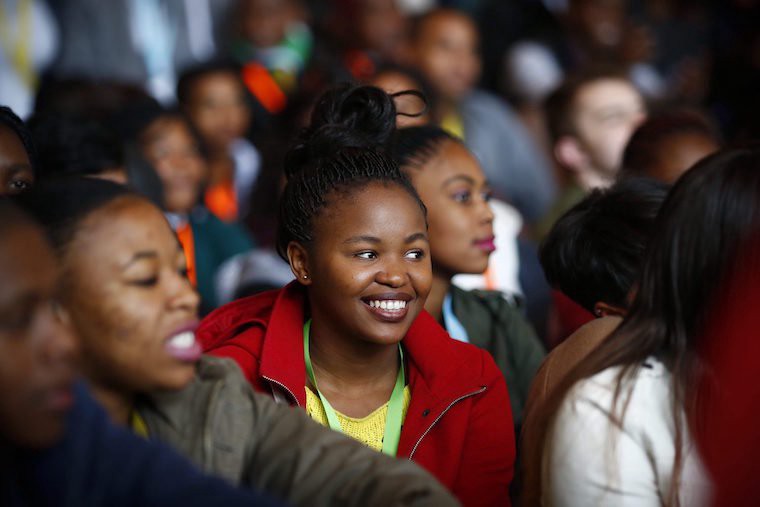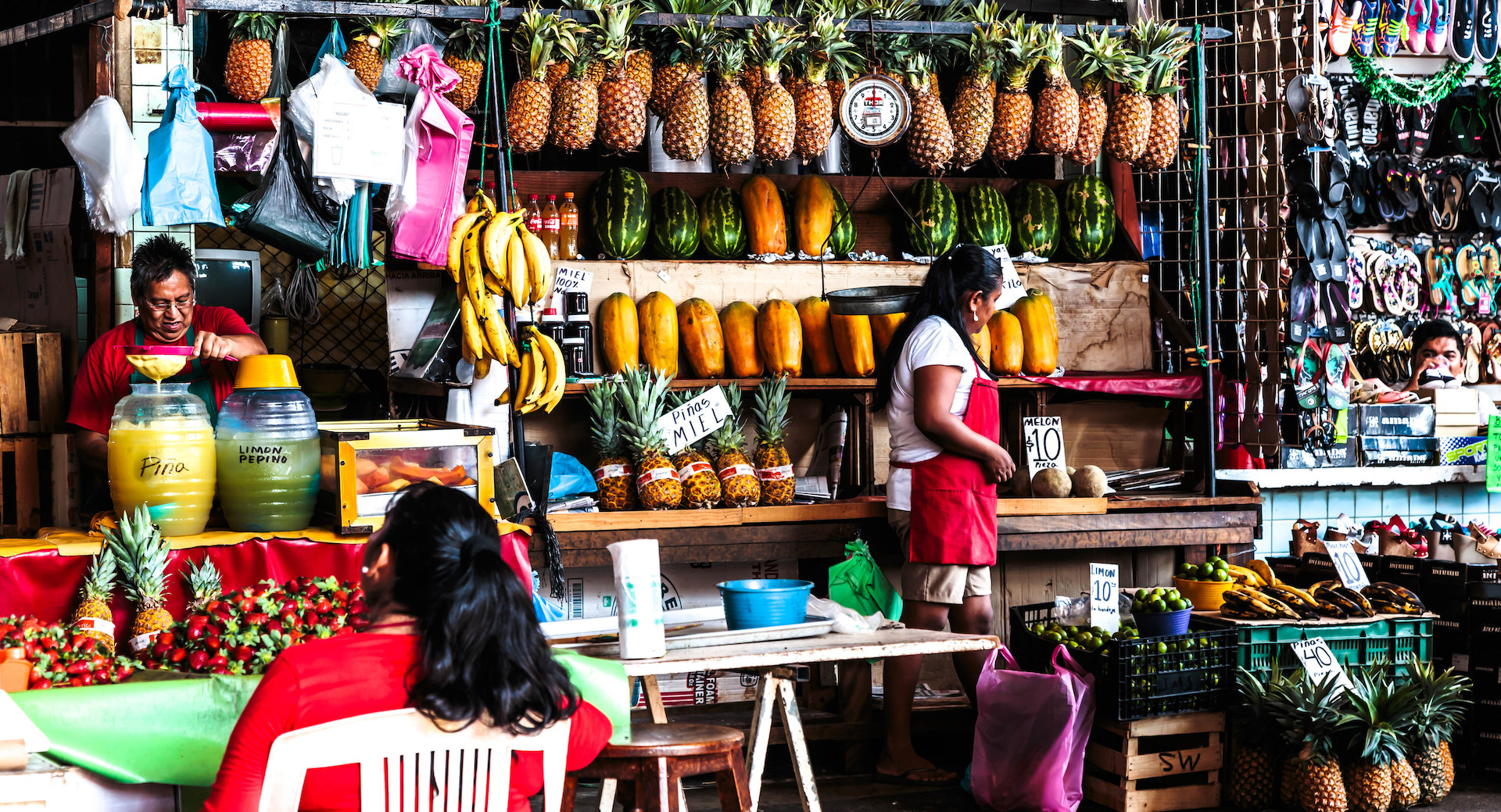World leaders at last week’s G7 meetings in Taormina recommitted themselves to investment in sustainable development in Africa, and tipped their hat to Africa’s Agenda 2063 (see, “Transcending Trump in Taormina”). That sent us scrambling to dig deeper into the African Union’s blueprint for the next half-century, adopted in 2015.
The year 2063 will mark the 100th anniversary of the African Union, which was founded as the Organisation of African Unity, on May 25th, 1963 to unite the continent against colonial rule and rid Africa of racial discrimination. Agenda 2063 calls for “an integrated, prosperous and peaceful Africa, driven by its own citizens and representing a dynamic force in international arena.”
Among the agenda’s seven “aspirations”: An Africa whose development is people-driven, relying on the potential of African; people, especially its women and youth, and caring for children. That is particularly critical for African nations seeking to capture the social and economic “demographic dividends” of growing productivity from a large working-age population and increased representation of women in business and politics. Reporting from the Africa Regional Forum on Sustainable Development In Addis Ababa last month, AllAfrica reports that more needs to be done to meet the challenges of “youth unemployment, girls’ education and bridging gender gaps, reviving local economies, putting in place solid financial instruments, and investing in statistics.”
Among the African leaders reporting on their progress and challenges, Mutuuzo Peace Regis, Uganda’s minister of state for gender, labour and social development, said 42% of Uganda’s parliamentarians are women, and that the government is empowering youth, who make up 78% of the population. Uganda’s education policy, she said, has spurred a “drop in the illiteracy rate from 32% to 24% in just 10 years.” Nysasha Chikwinya, Zimbabwe’s minister of women’s affairs, gender and community development, said, “In Zimbabwe our constitution provides for 50–50 representation of women in politics and decision-making as a tool to realize gender equality,” adding, “I trust there are many other countries that have done better.”











